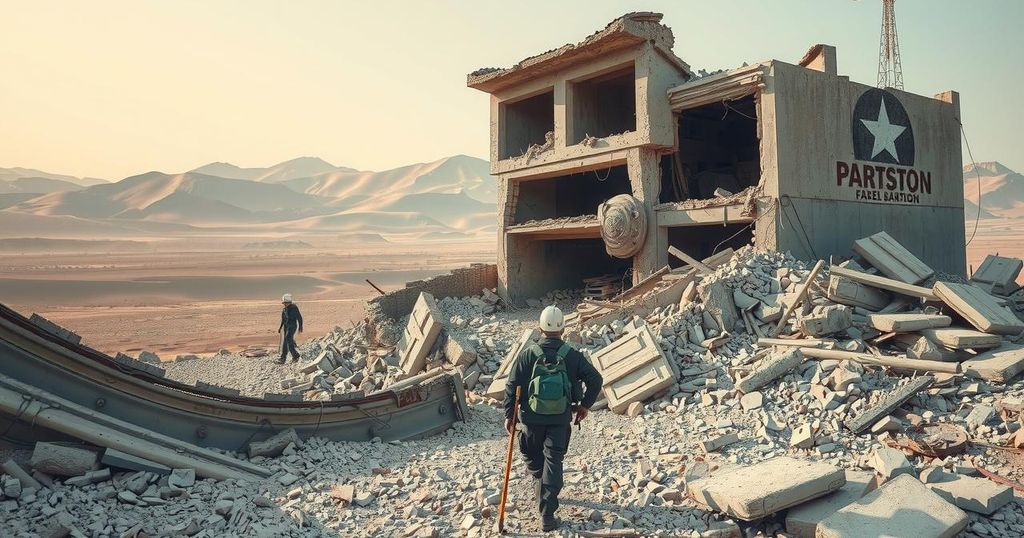The earthquake in Myanmar has caused significant loss of life, with the death toll projected to exceed 3,000. Rescue efforts rescue remarkable survivors, although critical food, water, and medical shortages persist. Compounded by the ongoing civil war, the humanitarian crisis worsens, prompting international calls for aid while maintaining scrutiny of the military government’s role in relief efforts.
On the heels of a devastating earthquake in Myanmar, rescue efforts continue as the death toll is projected to exceed 3,000, with over 2,000 confirmed dead. Rescue workers achieved a significant feat by saving a 63-year-old woman from rubble in Naypyidaw, although the U.N. warns that chances of additional survivors are diminishing. General Min Aung Hlaing noted that 441 people remain missing following the 7.7 magnitude quake last Friday.
The humanitarian crisis exacerbated by the earthquake features severe shortages of essential supplies. OCHA’s Coordinator for Myanmar indicated that critical resources such as shelter, clean water, and medicine are lacking as displaced people spend nights outdoors due to disruptions in electricity and water supply. UNICEF’s Julia Rees emphasized, “The needs are massive, and they are rising by the hour.”
In Myanmar, the earthquake demolished over 10,000 buildings, prompting a widespread call for aid, as numerous neighborhoods now face the threat of cholera due to contaminated water supplies. Amidst recovery efforts, a notable rescue involved a team of Chinese responders saving four individuals, including a pregnant woman, who had been trapped for over 60 hours.
The regional impact of the quake reached into Thailand, where a high-rise construction site collapsed, leading to at least 20 fatalities reported. Investigations into potential negligence related to the building’s design are underway as rescue operations continue.
Myanmar’s civil war context adds complexity to relief efforts, with over 3 million people already displaced and nearly 20 million reliant on aid before the quake. The National Unity Government has declared a ceasefire, urging international awareness regarding aid deliveries. They stressed, “We are in a race against time to save lives.”
The military government’s openness to foreign aid, contrasting previous incidents, has raised hopes for more timely assistance, though concerns about potential obstruction by government forces remain. Jones Andrews, a U.N. monitor, urged that the focus should remain on lifesaving efforts rather than the perpetuation of violence.
The recent earthquake in Myanmar has resulted in a humanitarian disaster, with thousands feared dead and a critical shortage of supplies. As rescue operations continue, the international community is urged to provide assistance responsibly. Risks of further disease outbreaks, amidst ongoing violence from the civil war, create added urgency for coordinated humanitarian efforts. The situation remains precarious, with a dire need for water, shelter, and medical aid.
Original Source: www.cbsnews.com






